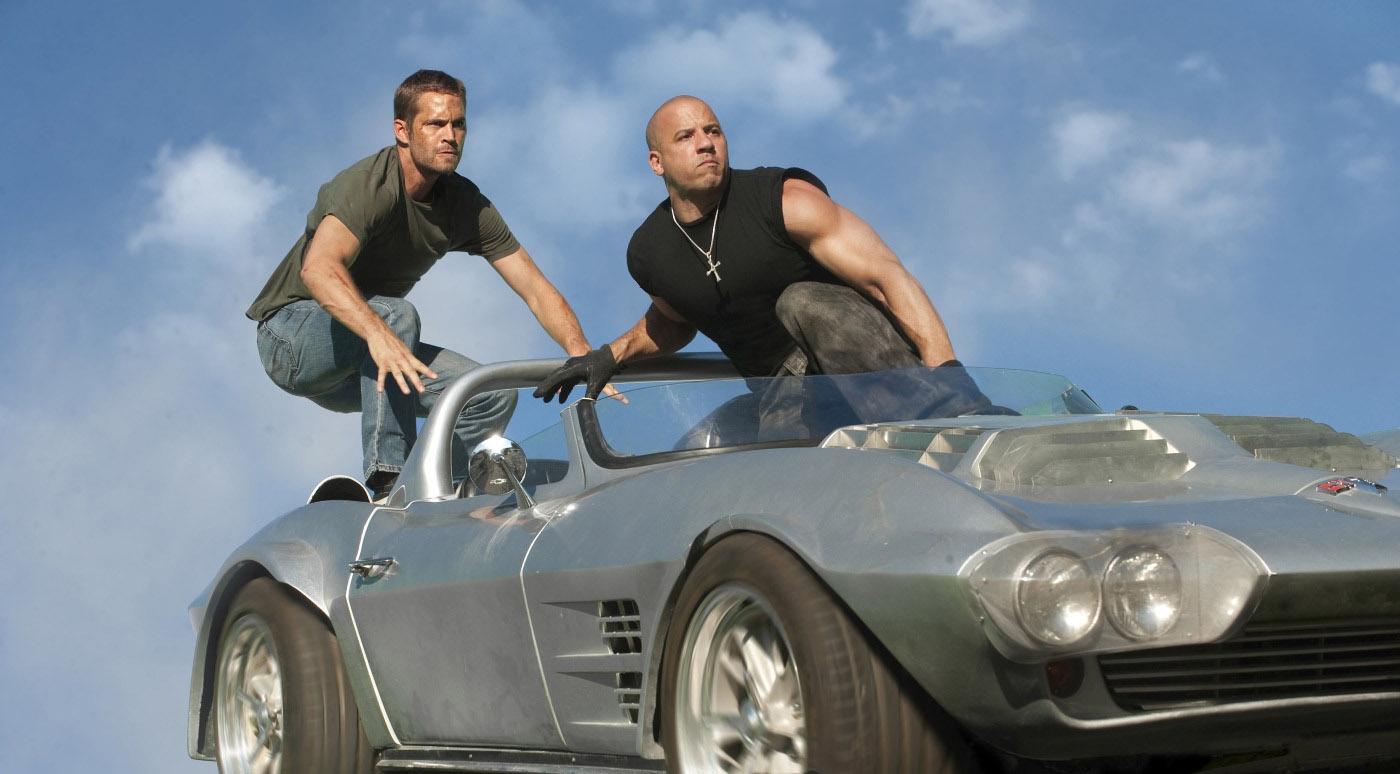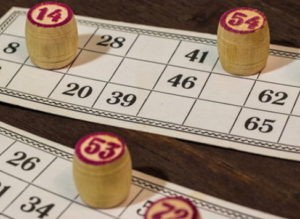Bingo Hall On 1960
- 2600 FM 1960 Rd Houston TX 77073. 9 Reviews (281) 821-6952 Website. Not bad, today was our first day going to a bingo hall. I took my kids 15 and 12, they seem to.
- Bingo Shutterboards From an old bingo hall 1960-70s for 80 number bingo game. Job lot of 50 for sale - the price listed is for ALL the boards. 213mm tall 292mm wide 15mm deep. 430g weight each. They are in various states of conditions. Some just need a wipe others a deep clean (they can be taken apart to clean).
As a fan of cinema and theatre architecture, Ian Grundy has been making a photographic record of the nation’s stock of picture palaces. As the history of bingo in the UK is so entwined with the history of many of the UK’s cinemas, Ian has a collection of images from UK bingo halls as well as his cinema photographs spanning several decades. Ian has put together for Playing Bingo a history of UK bingo from the perspective of the changes in ownership and use of the clubs from cinema to bingo. It’s illustrated with some wonderful photographs of some of the UK’s finest looking bingo halls exteriors and interiors.

Author: Ian Grundy
At Bingo Hall, you are getting a high-quality Parlay Entertainment. But the difference, that we like, is how Bingo Hall tells us exactly what we get: 300 bingo patterns and other games including Keno, slots and video poker. Jackpots and Banking. Two of the main draws of these games are (1) big progressive jackpots and (2) special tournaments. Not bad, today was our first day going to a bingo hall. I took my kids 15 and 12, they seem to enjoy themselves. The place is a bit smokey but what bingo hall isn't. The food was ok, decent prices. We will definitely go again now that we got the hang of thing. Unfortunately we didn't win, but it was great spending time with my kids.
From Cinema To Bingo – 1950 to 1968
The game of bingo has been around for hundreds of years in one form or another, since at least the 16th Century. The game as we now is today, was the result of a number of factors which came together in the late 1950s and 1960s.
Scarborough Mecca – formerly the Capitol Cinema
Television was partly responsible, particularly the introduction of ITV between 1955 and 1956, which gave viewers lucky enough to have a set, a choice of entertainment (with the BBC that meant TWO channels)! This had an increasingly disastrous effect on the admissions at cinemas and theatres in the UK. The Entertainment Tax first levied to provide war funds in the First World War, was finally, amid much lobbying, repealed in 1960. However this was too late to save many cinemas, and the industry itself had been hurt by pleading poverty, which suggested an industry in severe decline.
Granada Acton – now a Gala Club
More importantly, the passing of the Gaming Act, also in 1960, opened up new possibilities for business.

Cinemas had been in trouble for a few years – there were simply too many for the demand. The major circuits were Rank (Odeons and Gaumonts), Associated British Cinemas (ABC), Granada, and Essoldo. From 1956 onwards, each of the circuits began closing cinemas. Some were demolished, others diversified into dance halls, concert halls, and bowling alleys. Few such adaptations lasted for long. However, the introduction of Bingo into former cinemas was pretty much an instantaneous success.
Hackney Road Mecca – formerly the Odeon
Rank turned two large London cinemas, the Odeon Hackney Road and the Gaumont Peckham over to bingo in May 1961. Over the new few years dozens of Odeons and Gaumonts followed, under the banner of Top Rank Social Clubs. Often this started experimentally with bingo played on certain days each week with films on the others, in almost every case bingo quickly took over completely. Rank kept Cine-bingo (mixed usage) going longer than any other company did – the Odeon Hemel Hempstead had a split week of films and bingo as late as 1995.
Walthamstow Dominion – the first Alpha Bingo Club, now closed
ABC named their first conversion Alpha Bingo Club, handily retaining the ABC name! This was in March 1961 at the former Dominion Cinema in Walthamstow, a handsome hall that has only recently closed.
Granada kept its name for the bingo operation; its first conversion was at Mansfield. Essoldo too named its first conversion, the former Savoy Cinema Burnt Oak, Essoldo Bingo in October 1961.
Burnt Oak Savoy seen here as a Top Rank Club
There were of course, many independent cinemas and these blossomed into an equal number of independent bingo halls.
Hull Astoria – an independent bingo club
Conversion was a simple process in most cases, taking out the screen and installing the bingo apparatus in its place, upgrading the lighting so that players could see their cards, and removing the stalls seating so that tables and chairs could be provided. Occasionally the circle seating would also be turned to tables and chairs, but this was more expensive as the steppings had to be altered, and in many cases the cinema seats were left in place for the bingo players. Often a new staircase linking the circle to the front of the stage would be added, so that winners upstairs could be invited down in full view of the hall, instead of traversing the foyers to change levels.
Dudley Gala – the former Hippodrome Theatre
Some larger properties were sub-divided inside, the circle area would be converted into a smaller (sometimes several smaller) cinemas whilst the larger stalls floor became a bingo hall. The Cecil / Cannon cinema in Hull is an example of this, although the cinemas have now closed and been transformed into a sports bar. The bingo however continues!
The 1968 Gaming Act And Beyond – 1968 To 2007
A further act of Parliament – The Gaming Act of 1968 – allowed clubs to introduce gambling via slot machines, further expanding the range of entertainment for patrons. Usually they were named Bingo and Social Clubs, and the social part of the equation was well earned. People came to meet up with friends, have a meal and a drink, and a convivial few hours out.

Bishop Auckland Hippodrome – now operated independently
In the 1960s and 1970s bingo flourished across the country, with many larger towns having a wide choice of social clubs, the former suburban cinemas outside the town centre were often highly successful.
The “Link” game proved to be a big winner among players: clubs across a region are linked up to play a game where the jackpot amounts to a larger sum, and the “National” game links clubs across the country to provide a huge jackpot. Here a prize is won by the first person to call house in each club. All these results are sent to the central National Game computers where the big prize, totalling hundreds of thousands of pounds, is awarded to the player who called house in the least amount of numbers. The prize is shared in the event of a tie. In 2007 Britain’s first Bingo Millionaire was created – the prizes have never been higher!
ABCs became Coral Social Clubs, having been acquired by Star in 1970, and later still by Bass Leisure in 1981. The clubs, however, retained their Coral name until merged with the Granada clubs in 1991. The whole group was rebranded Gala from October onwards. The Gala clubs continued to expand, adding 17 Ritz clubs in 1998, 10 clubs from Jarglen in 1999, 27 Riva clubs in 2000, which made it the largest bingo operator at the time, and County Bingo, a Scottish group, acquired by Gala in 2006.
ChathamRitz – now a Gala Club, seen here in it’s Coral days
Bingo Hall 1960 And 45
Bingo Halls In Houston Area
The Top Rank clubs acquired Mecca Leisure in 1990, and subsequently the Top Rank name was phased out in favour of Mecca, although this has occasionally caused controversy with members of the Islamic Religion and in at least one case (Luton) the name was not used at first.

The Essoldo clubs were sold in 1973 to Ladbroke Group and renamed Lucky Seven Bingo, later they became part of Top Rank, and thus the survivors now bear the Mecca name.
Big Tex Bingo 1960
Top Rank – started out as an Essoldo club, now sadly closed
During the 1990s, faced with ageing (albeit palatial) buildings, the bingo operators began to close down the ex-cinemas in favour of new, purpose built bingo halls, often just outside the town centre. This had the advantage of cheaper land giving more floor space, enabling an ever more mobile population to park by the hall, and also improving access for the disabled. The first purpose built hall was the Castle Club at Canton in Cardiff, which opened in December 1988. However many of the old cinemas are still providing for the warmth and comfort of the players: some like the former Sheffield Odeon have now been a bingo hall for considerably more years than they showed films!
Sheffield Mecca – from 1956 to 1971 the Odeon Cinema
Bingo Hall On 1960 In Houston Tx
During the first decade of the 21st Century new threats to the prosperity of the clubs arrived. The Health Act of 2005 which banned smoking in enclosed spaces from July 2007 was seen as a major problem – evidence seems to indicate that the effects on bingo halls is not as great as first feared. The other main threat is online bingo. Many of the major operators now also run an internet version of the game. Ironically the part of the name dropped by most clubs, could prove to be their strongest asset – that of being a social club!